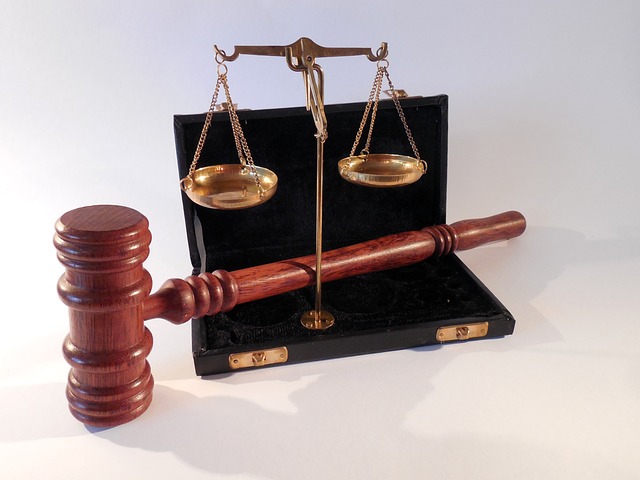Introduction
Freedom of speech has been a cornerstone of human development, democracy, and justice. This principle, while universal in aspiration, manifests differently across various cultures and legal systems. From historical milestones to contemporary digital challenges, the evolution of freedom of speech laws is a compelling narrative of humanity’s quest for expression.

The Historical Roots of Freedom of Speech
The origins of free expression trace back to ancient civilizations. Greek democracy emphasized open discourse, while Roman law provided certain protections. However, these early systems were limited to specific classes. The Magna Carta of 1215 marked a significant turning point, asserting the need to limit authoritarian control and paving the way for constitutional rights.
The Enlightenment Era and Revolutionary Ideas
The Enlightenment brought radical changes, championing ideas of individual liberty and free thought. Philosophers like John Locke and Voltaire advocated for freedom as an inalienable right. This period inspired seminal documents such as the U.S. First Amendment and the French Declaration of the Rights of Man and Citizen, which established foundational principles for modern democratic freedoms.
Globalization and the Spread of Democratic Values
With the advent of globalization, freedom of speech became a universal goal. The United Nations’ Universal Declaration of Human Rights (Article 19) enshrined free expression as a basic human right. However, cultural and political variations led to differing interpretations and applications across nations.
Censorship: A Persistent Threat
Despite advancements, censorship remains a significant challenge. Authoritarian regimes often suppress dissent through media restrictions and surveillance laws. In contrast, democracies grapple with balancing free speech with combating hate speech and defamation.
Freedom of Speech in the Digital Age
The rise of social media has redefined expression. Platforms like Facebook and Twitter amplify voices but also pose new challenges, such as misinformation and online hate. Countries have implemented diverse strategies to regulate digital platforms while preserving online freedom.
Legal Precedents and Landmark Cases
Landmark legal cases have shaped freedom of speech laws. For instance, the U.S. Supreme Court’s ruling in New York Times Co. v. Sullivan reinforced press freedom, while European courts have addressed hate speech through stricter legal frameworks.
Cultural and Regional Variations
Cultural values deeply influence speech laws. In Western democracies, individual rights are prioritized, whereas collectivist societies in Asia often emphasize societal harmony. This dichotomy reflects the complexity of creating global legal frameworks.
Contemporary Movements for Free Speech
Modern movements, such as the Arab Spring and protests in Hong Kong, underscore the ongoing struggle for expression. Advocacy groups like Human Rights Watch play a vital role in monitoring violations and advocating reforms.
The Role of Education in Promoting Expression
Educational institutions are pivotal in fostering free inquiry. Academic freedom encourages critical thinking and open discourse, essential for democratic societies.
Challenges Ahead
As technology evolves, so do the threats to freedom of speech. Artificial intelligence, surveillance tools, and digital monopolies raise pressing questions about privacy rights and the future of free expression.
Conclusion
The evolution of freedom of speech laws reflects humanity’s enduring commitment to justice and equality. While challenges persist, the resilience of this fundamental right inspires hope for a more inclusive and democratic world.
